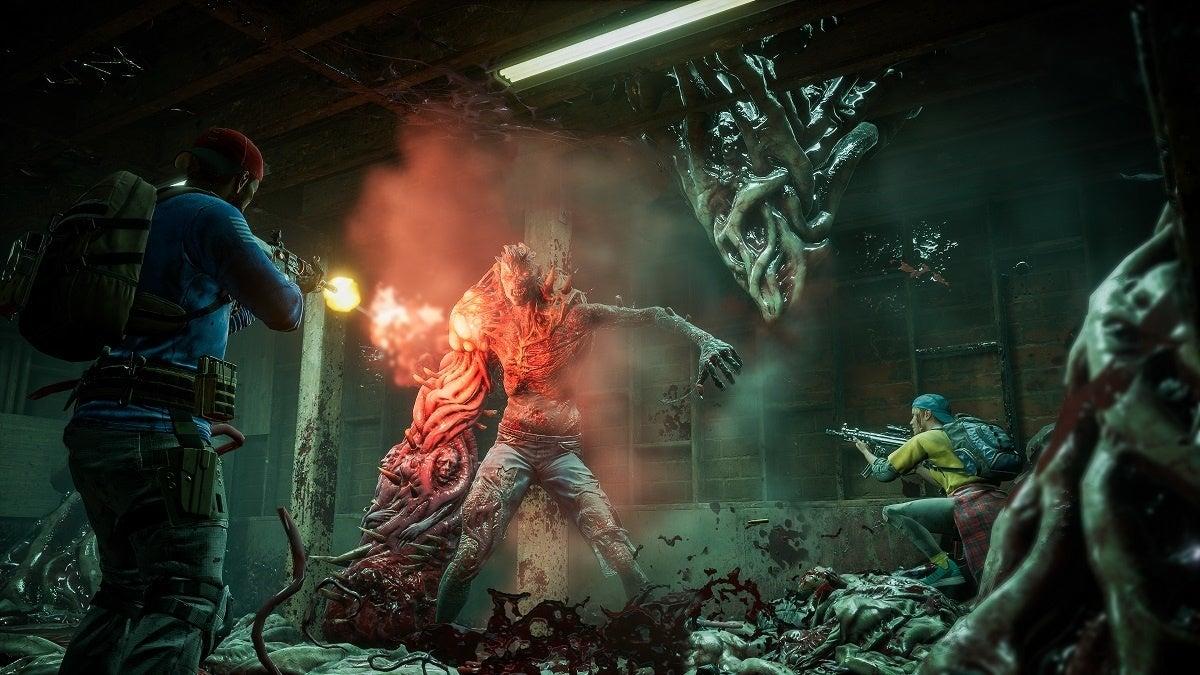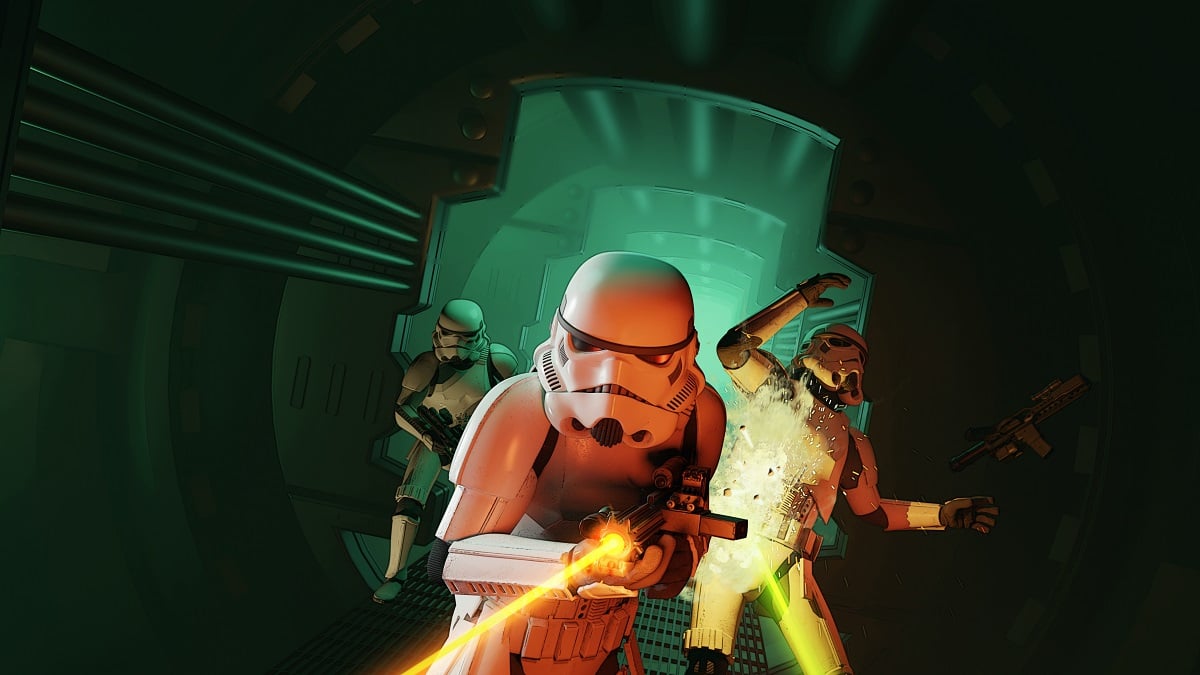When Back 4 Blood was announced all the way back in 2019, developer Turtle Rock Studios didn’t shy away whatsoever from the fact that it was looking to create a spiritual successor to Left 4 Dead. The beloved co-op zombie shooter series from Valve last saw a new entry nearly 12 years ago, and since that time, fans have been clamoring for a third installment to come about. And while Back 4 Blood in many ways is quite different from the franchise that it’s emulating, it definitely scratches the itch that fans have had for a new game of this type over the past decade.
Much like Left 4 Dead, Back 4 Blood has been built from the ground-up to offer an experience where you can blast zombies (or Ridden, as they’re referred to) with some pals. The game boasts a number of unique characters (known as Cleaners), weapons, and levels in which you’ll be mowing down hordes of the undead while completing various objectives. Comparatively, Back 4 Blood throws some vastly more unique situations at players compared to what was seen in L4D. Some of these instances include boss fights, barroom brawls, and setting off massive explosions to kill Ridden in large numbers.
While Back 4 Blood is clearly trying to be like Left 4 Dead, there are a number of pretty vast differences. Perhaps the most notable of these involves the card system that lies at the center of the game. In general, Back 4 Blood has a number of RPG elements which add modifiers to your experience. The card system is the most blatant example of this as it allows players to build decks that they can then take with them into the different game modes. Cards give your characters different stat bonuses that can improve your zombie-killing prowess. As a whole, the card system in Back 4 Blood is incredibly deep due to the sheer number of cards that you can equip and is meant to ensure that each deck you build will lead to the game being that much more replayable.

Back 4 Blood also contains a weapons system that is more akin to what you would see in PUBG. Guns come in different tiers, with higher-tier weapons obviously helping you to dispatch the Ridden much more easily. Attachments for these weapons can also increase their overall usefulness and ensure that you always have a unique weapon in your hands.
One of my biggest complaints about Back 4 Blood is that it feels too reliant on RNG. Since there are so many different weapons, attachments, and cards to obtain, much of the game is less reliant on pure skill than you would expect. For instance, I had difficulty with a couple of the roughly 30 levels that were included in Back 4 Blood. In runs where I would be unable to finish a mission, though, if I tried again and just happened to stumble across a better weapon than before, the tasks at hand would be much, much easier. Although skill still plays a large part in Back 4 Blood, the game’s overall difficulty can be offset simply thanks to stumbling across powerful gear.
Speaking more to the 32 total missions that have been included in Back 4 Blood, most of them are quite enjoyable and ensure that you’re always completing a different mix of objectives. That being said, the game does tend to recycle a handful of levels more than once, which makes the experience bland at times. Still, even during these missions, there are always a number of different modifiers or enemy encounters that mix things up, ensuring that nearly every level won’t play out in the same way twice.
Outside of the main campaign levels, Back 4 Blood also features a completely different mode called Swarm. This game type allows players to compete against one another, with four players controlling Cleaners while the other four play as the Ridden. Basically, this is the PvP mode that has been included in Back 4 Blood. And while this mode might sound fun on paper, it’s instead the worst part of the game.

The primary issue with Swarm is that it just feels like utter chaos in the worst way. Many of the maps associated with this mode are far too small, leaving bouts between Ridden and Cleaners feeling cluttered and devoid of any sort of strategy. These small play spaces also make it hard to play as the Ridden, in particular, as it’s tough to ever find a way to get the drop on opposing players. After dabbling with Swarm for a bit, I quickly found myself bouncing off from it and was very content to never return.
The thing about Back 4 Blood that makes it most difficult to judge comes with how you might play it. In nearly every way, Back 4 Blood is a game that is meant to be experienced with friends. My instances where I did play with some buddies proved to give me the greatest level of enjoyment for a number of reasons, but mostly because real players tended to be vastly more valuable than AI companions. If you can’t squad up with others, bots will round out your four-person team, although playing in this manner isn’t ideal whatsoever. Bots essentially can help you shoot down foes but offer little else in the way of assistance.
Back 4 Blood isn’t perfect by any means, but it’s absolutely the closest we’ve gotten to a new Left 4 Dead game in the years since Left 4 Dead 2. Because of this, it’s hard not to have fun with B4B, even if it doesn’t always feel inventive and has some notable drawbacks. Despite some qualms, if you’re hungry for a new co-op shooter to jump into with some friends, Back 4 Blood has more than enough meat on the bone to keep you entertained for quite some time.
Rating: 3.5 out of 5
Back 4 Blood is available right now across PlayStation 5, PlayStation 4, Xbox Series X, Xbox One, and PC platforms. A review code was provided by the publisher for the purpose of this review and the game was reviewed on an Xbox Series X console.


